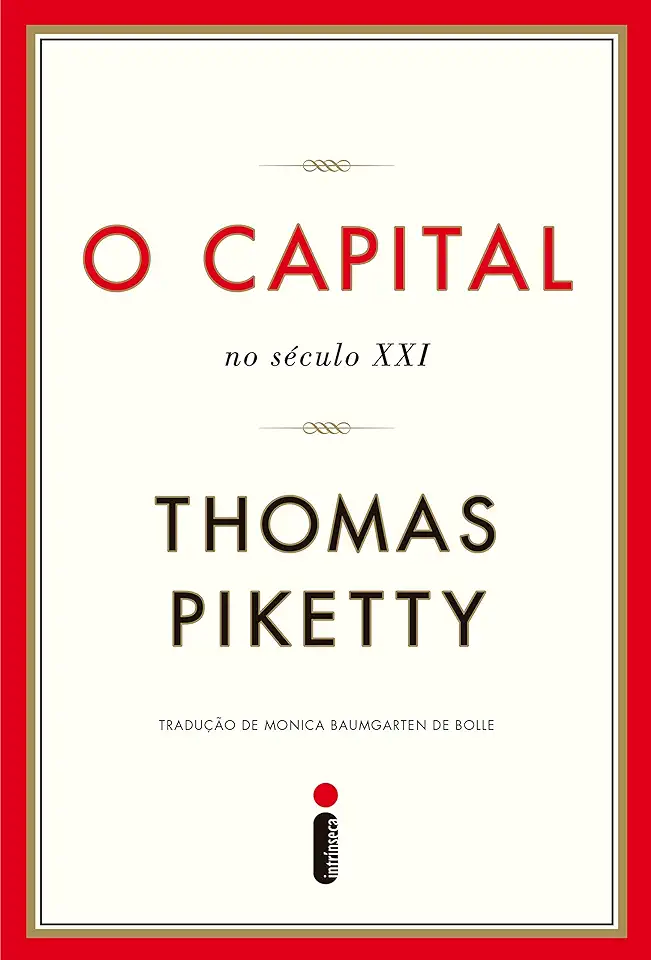
Capital in the Twenty-First Century - Thomas Piketty
Capital in the Twenty-First Century: A Persuasive Summary
In his groundbreaking book, "Capital in the Twenty-First Century," Thomas Piketty presents a compelling and meticulously researched analysis of wealth and income inequality in the modern world. Piketty argues that the current system of capitalism is inherently biased towards the wealthy, leading to a widening gap between the rich and the poor. He provides a wealth of historical data and economic analysis to support his claims, making this book a must-read for anyone interested in understanding the economic challenges of our time.
The Problem of Inequality
Piketty begins by establishing the extent of inequality in the modern world. He shows that the top 1% of the population owns more wealth than the bottom 99% combined. This inequality is not just a matter of a few exceptionally wealthy individuals; it is a systemic problem that affects all levels of society.
Piketty argues that the root cause of inequality is the fact that capital earns a higher rate of return than economic growth. This means that the wealthy can accumulate wealth at a faster rate than the rest of society, simply by owning assets. This process is compounded by the fact that the wealthy are able to use their wealth to influence the political system in their favor, further entrenching their position.
The Historical Perspective
Piketty provides a historical perspective on inequality, showing that it has been a persistent problem throughout history. However, he argues that the current level of inequality is unprecedented in modern times. He attributes this to the rise of global capitalism and the decline of labor unions and other forms of worker protections.
Piketty also discusses the impact of inequality on economic growth. He argues that inequality can actually hinder economic growth by reducing aggregate demand and increasing social unrest. This is because the wealthy tend to save a higher proportion of their income than the poor, which reduces the amount of money available for consumption and investment.
Policy Recommendations
Piketty concludes by offering a number of policy recommendations to address inequality. These include:
- Increasing progressive taxation on wealth and income
- Strengthening labor unions and other forms of worker protections
- Investing in education and other forms of human capital
- Promoting financial inclusion and access to credit for the poor
Piketty argues that these policies are necessary to create a more just and sustainable economic system. He believes that by reducing inequality, we can improve economic growth, reduce poverty, and create a more stable and prosperous society.
Why You Should Read This Book
"Capital in the Twenty-First Century" is a must-read for anyone interested in understanding the economic challenges of our time. Piketty's rigorous research and compelling arguments make this book an essential resource for anyone who wants to create a more just and sustainable world.
If you are concerned about inequality, poverty, or the future of capitalism, then I urge you to read this book. It will change the way you think about the economy and the world.
Enjoyed the summary? Discover all the details and take your reading to the next level — [click here to view the book on Amazon!]